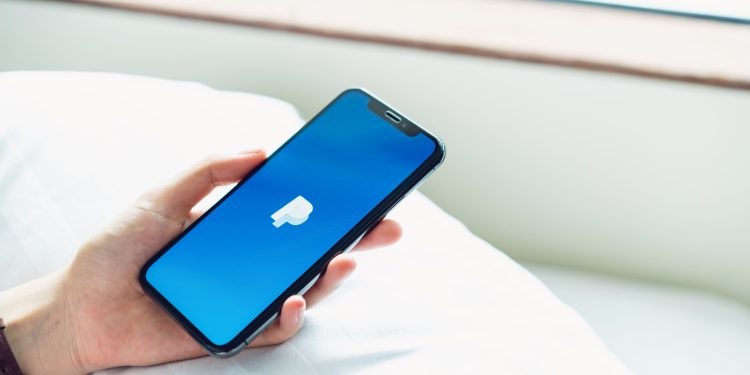PayPal is continuing its expansion from the digital marketplace to the physical world with the announcement that its PayPal Debit Card can now be used in brick-and-mortar stores. Cardholders can also add the debit card to their Apple Wallet and make purchases through Apple Pay.
This move aligns with PayPal’s broader strategy under new CEO Alex Chriss to position the payment service as a competitor to Visa and Mastercard. Among the user-friendly options available are an auto-reload that automatically tops up the linked PayPal account when the balance drops below a set amount, and 5% cash back on up to $1,000 in purchases in the user’s selected category.
Since joining PayPal from Intuit in 2023, Chriss has introduced several new initiatives. Last October, PayPal announced that customers could now add their PayPal or Venmo credit and debit cards to Apple Wallet. Another addition, PayPal’s Advanced Offers platform, uses artificial intelligence to sift through customer data and give users personalized promotions and cash back rewards. Additionally, in January, PayPal introduced Fastlane, a one-click checkout feature that could purportedly accelerate checkout speeds by nearly 40%.
There have also been stratagems that were less consumer-focused. In May, PayPal revealed plans to use its massive repository of user spending data to create an advertising sales network.
New Ways of Offering Value
Twenty years ago, when retailers struggled to secure merchant accounts for online sales and fraud prevention was almost nonexistent, PayPal offered a secure way for consumers to pay that also helped merchants reduce fraud.
“Those advantages have largely eroded, leaving PayPal struggling with where to go next,” said Don Apgar, Director of Merchant Services at Javelin Strategy & Research. “As it looks for ways to stay relevant, the company is trying to find ways to become more valuable to both consumers and merchants.”
However, focusing on enhancing its consumer-facing offerings now appears to be the more important avenue for the company’s long-term success.
“PayPal has been working for a while to make themselves more of a financial destination for consumers,” said Apgar. “It has struggled to get consumers to view them as a good place to store money, and that’s gotten more challenging with the demise of fintech Synapse and other non-bank account providers.”
“Most consumers only need an account to deposit their paycheck and pay bills and make purchases,” he said. “This new offering brings PayPal closer to matching bank-like functionality, and the aggressive rewards are needed to encourage consumers to give it a try.”








